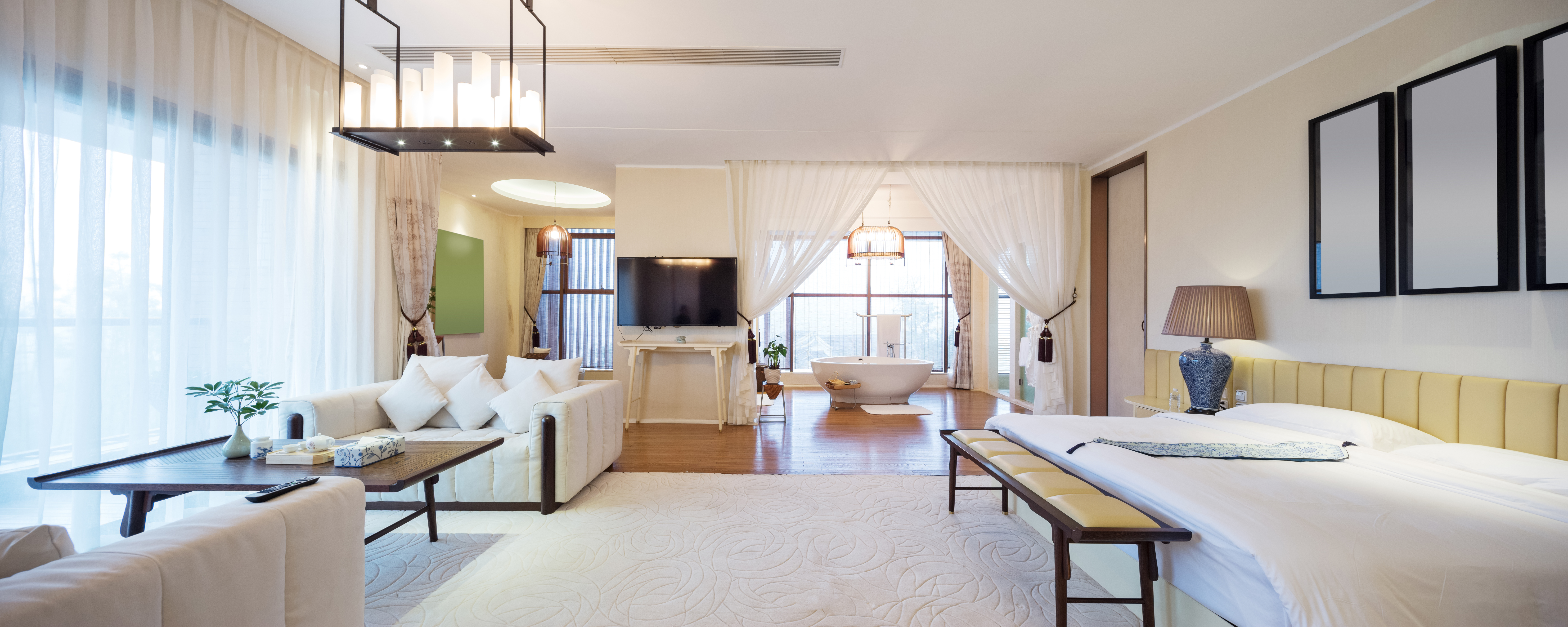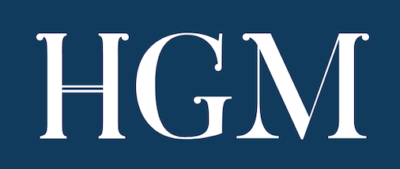
The following case studies demonstrate operational discipline and accountability in key areas of role awareness and full staff engagement, around a focussed, structured format. Whilst each operation organically finds their own focus within the Academy, all operations achieve a greater level of consistency simply because of a heightened learning and developing culture.
A further key highlight of the Academy is that when staff are fully empowered the guest experience is enriched along with associated up-selling opportunities.
Detailed reporting from within the Academy also promotes detailed controls around which much more informed decisions can be made on both an executive and team basis.
Operational Support.
Luxury 4 Star HOD Realignment
We came across a team of underperforming HOD’s that had lost heart after being short staffed for a longer period than was ideal. To cope during this period they had begun organising for survival rather than a rich guest experience, which in many cases was understandable.
However, during this pressured period key standards and processes were dropped and when new team members joined the company and staffing levels returned to normal, the standards didn’t recover and the new team members ultimately joined the team at the wrong altitude due to poor supervision. Worse still was that there was no frame of reference of standards, nothing printed, nothing shared. Our Hotel Academy solved this in a week.
The HOD module that we delivered reset the bar in term of role expectations. For example, the new £32k Restaurant Manager didn’t have any commercial awareness and was totally reactive to sales on the floor. He also had very little knowledge of the menu and the example he set in terms of sales to his team became progressively poor. More challenging was that the GM who had allowed the temporary drop in standards then had to try and reset the standards, unsuccessfully. This is why an external solution can gain better traction.
The solution was to gather the team and to deliver a self assessment program based on industry best practice for the market in which they operated and the salaries that the team were paid. This session also included HOD’s developing a vision, mission and values for their department along with each HOD taking study courses, whilst their teams took online tests to reinforce the standards expected.
The result was that the team regained their focus, their experience became progressive and as a net result sales increased as guests with increased confidence invested more in their experience. The positive team ethos demonstrated during this period of resurgence also meant that recruitment churn dropped.
Luxury Hotel – Wrong Menu – Empty Restaurant
We came across an F&B operation that was seriously underperforming due to a lack of creative energy, market awareness and passionate leaders. In short the hotels restaurant had become a poorly utilised traditional hotel dining room and hotel guests booked into competitor restaurants on the high street.
Key to the issue was that the demographic markers of the hotel had become too low so that subsequent low room rates attracted deal seekers who didn’t have the extra spend to dine in an unappealing restaurant. Critically the hotels rates held back manning capability, essentially limiting growth potential.
The solution was to flex the hotel rates more dynamically whilst at the same time changing the style of food to encompass more contemporary cooking and a more flexible price point. Rather than the menu pitching in with a narrow banded price point more expensive and less expensive items were introduced to deliver a more bespoke dining experience. Key reasoning here is that to compete with the local eateries the hotel restaurant had to sharpen its offering. The restaurant shouldn’t necessarily be protected by the hotel’s captive market and it was a useful exercise for both the Restaurant Manager and Head Chef, supported by the GM to treat the hotel restaurant as a stand alone operation.
With rates and pricing appealing to a wider audience the chef required coaching around different systems and procedures to shape a new menu whilst the F&B team were fully engaged around hospitality and service techniques to enrich the guest experience and increase spend, against which they could hire more staff. A small investment in crockery and glassware was also required whilst the drinks and wine lists were overhauled. Increased social media and marketing (internal and external) also assisted get the message across along with a dynamic events diary that drove bookings for key social dates – valentines, mothers day etc.
The result was that in three months the restaurant had turned around and was trading strongly both in terms of revenue and profit. Benefits to our coaching style was the the Chef was able to re-engage with his career and take pride in progressive growth. With a wider exposure the hotel began to increase it’s B&B rates so much so that when the restaurant was full a new room service menu drove business from within rooms.
New Hotel – Owners new to Hospitality.
It’s often a challenge coaching new businesses with owners new to the industry. The business would have been bought with confidence with an expectation of managing a new career. In this case study the new owners had worked in the Tech sector and had sold a previous business to buy a hotel. In this instance we gently rationalised a reverse in circumstances – how would a seasoned luxury hotelier with 20 years experience cope if suddenly dropped into the CEO role of a multi-million tech company? Sure, there are transferrable skills such as professionalsm and thoughtful judgement, however, the lack of experience often provides a tough acclimatisation. Thankfully, these owners recognised this and we assisted accordingly.
The solution was to map out best industry practices (relevant to the luxury sector) in detail as the first option to consider. For every action there is a reaction and so we knew that if 30,000 hotels have a PMS for guest bookings then it’s likely that this booking channel would be recommended over say, a homemade database, regardless of how fancy it looked, or how proud the owner was that he’d created it. Because of the depth of detail we work to across all departments, we delivered an entire operational structure with deeply set processes to support the luxury expectations and sense of value to the guest. The owners were very open to this experience and support, whilst recognising they would still be able to put their own individual stamp onto the property.
The result was that the hotel was up and running in no time. New staff accepted ways of working as industry best practice (because they’d operated that way before in previous roles), and the owners were thankful that we short circuited potentially years of trial and error.

